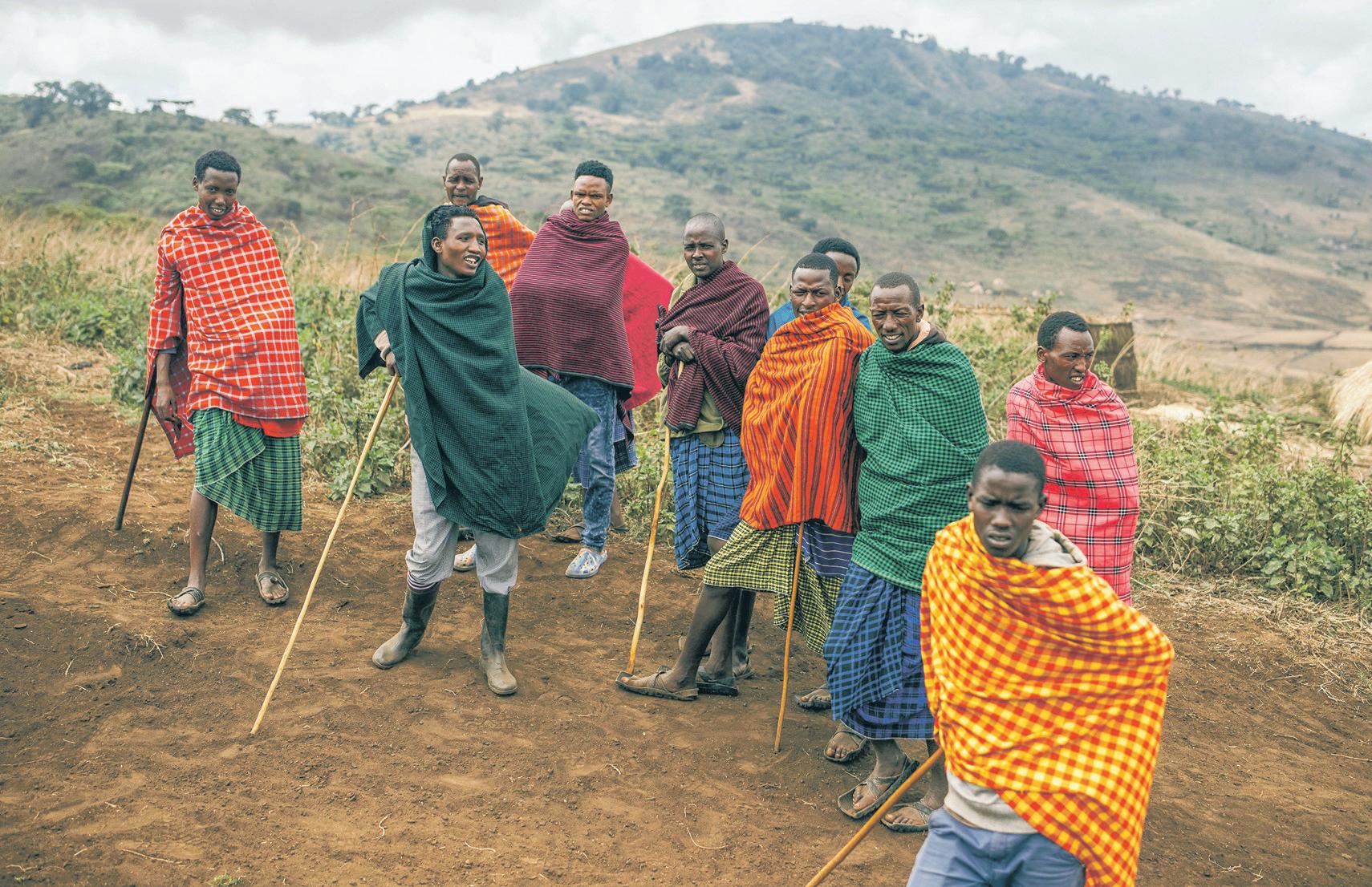
The Maasai once herded their cattle across the plains of what is now southern Kenya and northern Tanzania. The British colonial government split off a 2-million-acre tract for them to roam undisturbed when it created Tanzania's Serengeti National Park in the 1950s, laying the foundation for the country's modern-day tourism industry.
Now, Tanzania's government says the Maasai are a problem.
Specifically, it says the seminomadic cattle farmers are a threat to the savannas and watering holes in an area that sustains safari resorts and hunting reserves and, more recently, a swath of new carbon-credit projects.
To protect these areas, President Samia Suluhu Hassan's government has outlawed human settlement there and begun evicting some of the more than 110,000 Maasai from the Ngorongoro Conservation Area-the vast zone of grass-, wood- and wetlands adjacent to the Serengeti that the Maasai have used for herding and tourism for the past 65 years.
The area includes the famous Ngorongoro Crater, the world's largest, fully intact caldera and home of one of Africa's densest populations of zebras, gazelles and other large mammals.
More than a million wildebeest pass through the crater during their annual migration, a stunning natural phenomenon that has featured in countless nature documentaries and attracts tens of thousands of wildlife watchers every year.
The government argues that the number of Maasai living in Ngorongoro has expanded from just 8,000 in 1959, outpacing Tanzania's overall population growth.
The herders, along with their cattle, are overwhelming the area's fragile ecosystem, it says.
Denne historien er fra December 23, 2024-utgaven av The Wall Street Journal.
Start din 7-dagers gratis prøveperiode på Magzter GOLD for å få tilgang til tusenvis av utvalgte premiumhistorier og 9000+ magasiner og aviser.
Allerede abonnent ? Logg på
Denne historien er fra December 23, 2024-utgaven av The Wall Street Journal.
Start din 7-dagers gratis prøveperiode på Magzter GOLD for å få tilgang til tusenvis av utvalgte premiumhistorier og 9000+ magasiner og aviser.
Allerede abonnent? Logg på